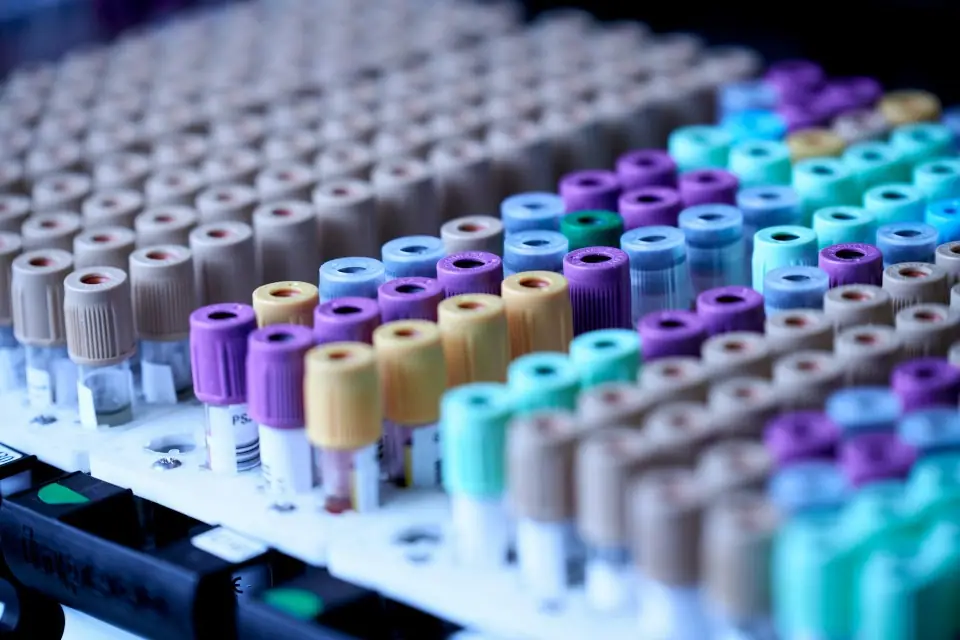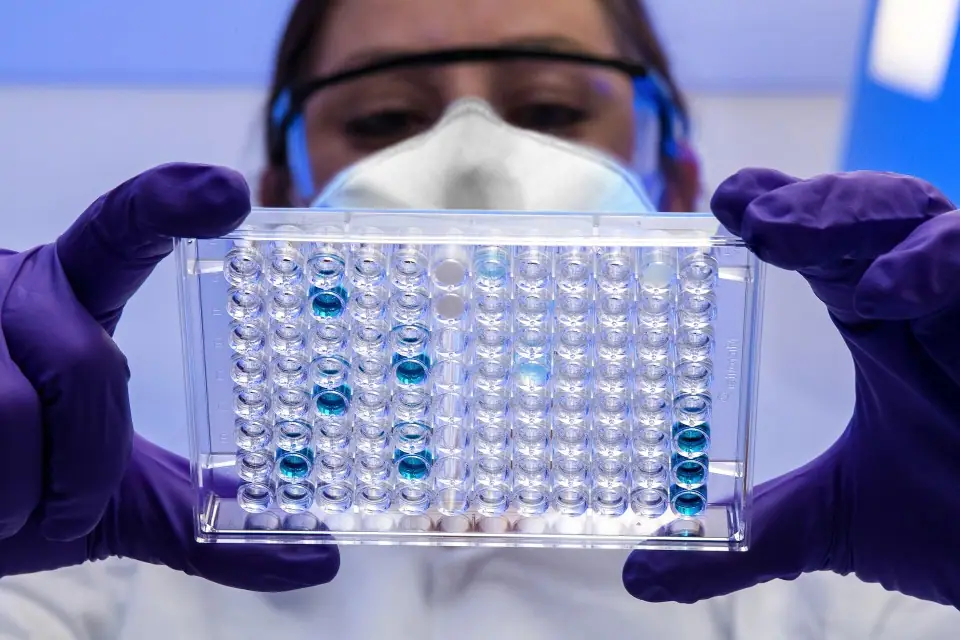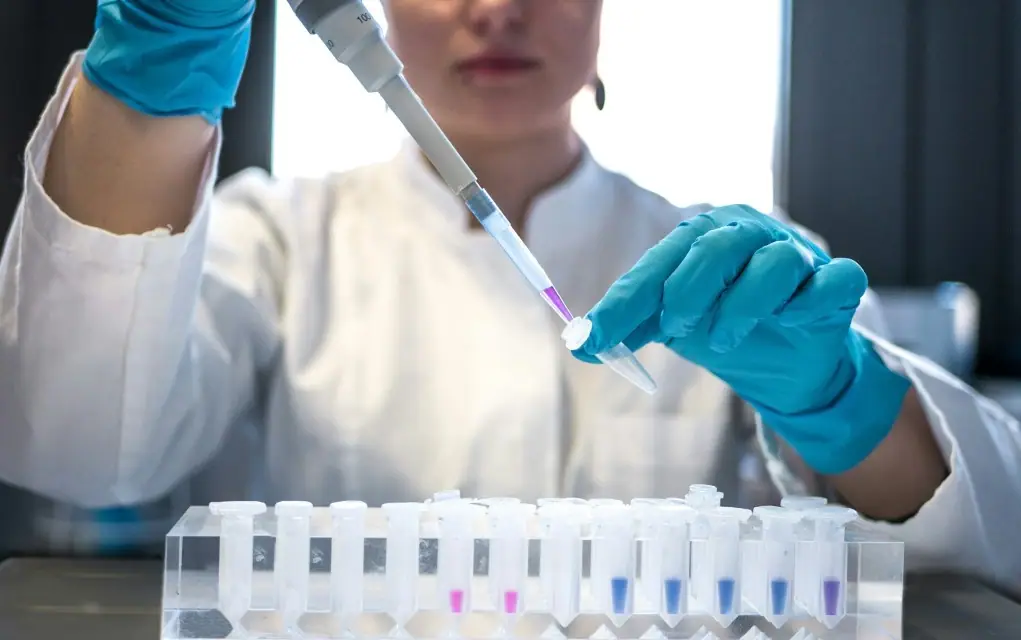Starting a laboratory testing business can be a great way to provide an essential service to your community while also turning a profit. However, launching a lab requires careful planning and preparation. This guide covers the key steps you’ll need to take to get your testing lab up and running.
Determine Your Specialty
First, decide what type of lab testing you want to offer. Some of the major categories include:
– Clinical testing – Tests related to health and medicine, like blood work.
– Analytical testing – Evaluating the composition of materials. This includes testing water, soil, metals, and more.
– Microbiological testing – Analyzing specimens for the presence of microorganisms.
– Forensic testing – Supporting law enforcement by analyzing DNA, toxicology, ballistics, and other evidence.
– Food safety testing – Assessing food samples for contamination, allergens, and nutritional content.
Choose a niche within one of these broad categories based on your background, interests, and area needs. Specializing makes you stand out versus general labs.

Handle Licensing and Certifications
Most areas require laboratory testing businesses to have a license to operate. Learn about the specific licenses and permits needed in your state and municipality. These are often issued by health and agriculture departments.
Additionally, you may need to become certified under CLIA, the Clinical Laboratory Improvement Amendments program. CLIA oversees quality standards for all US labs testing human specimens. Research the CLIA certificate tier that matches your testing complexity.
Find a Suitable Facility
Look for commercial properties conducive to lab work. Key requirements include:
– Enough space for equipment and workflows
– Proper zoning for medical/technical use
– Capability to install chemical fume hoods
– Access to adequate ventilation, cooling, and utilities
– Layout allowing secure storage for specimens and chemicals
Design your lab space carefully around the types of testing you’ll conduct. Be sure to accommodate future growth as well.
Obtain Equipment and Hire Staff
Order all the equipment and instruments you’ll need for your testing services. Comparison shop to find high-quality gear at reasonable prices. Stock up on all the related supplies too.
Also start networking and advertising to recruit experienced staff. Look for credentialed scientists and technicians specialized in your niche. Be sure to have the needed personnel on board before opening.

Implement Quality Systems
A robust quality management system is vital for accurate, reliable testing. Develop procedures for vetting equipment, tracking samples, calibrating instruments, running controls, reporting results, and maintaining records.
Also institute protocols for quality assurance, data integrity, proficiency testing, and managing nonconformities. Make quality a foundational principle as you launch your business.
Earn Accreditation
While legally optional, earning accreditation from an oversight body like A2LA or AABB lends major credibility. The comprehensive accreditation process validates your competency, integrity, and quality commitment. Accreditation helps attract clients and business partners.
Market Your Services
Promote your lab proactively from day one. Spread the word about your services and competitive advantages to potential customers:
– Pitch to doctor’s offices, hospitals, and clinics who need outsourced testing.
– Contact industries that require analytical testing, like agriculture, manufacturing, and transportation.
– Serve law enforcement and legal clients with forensic testing capabilities.
– For food testing, work with restaurants, food producers, grocery chains, and commodity suppliers.
By specializing and providing exemplary service, you can develop a strong reputation and robust testing business. Stay focused on quality and safety above all.

